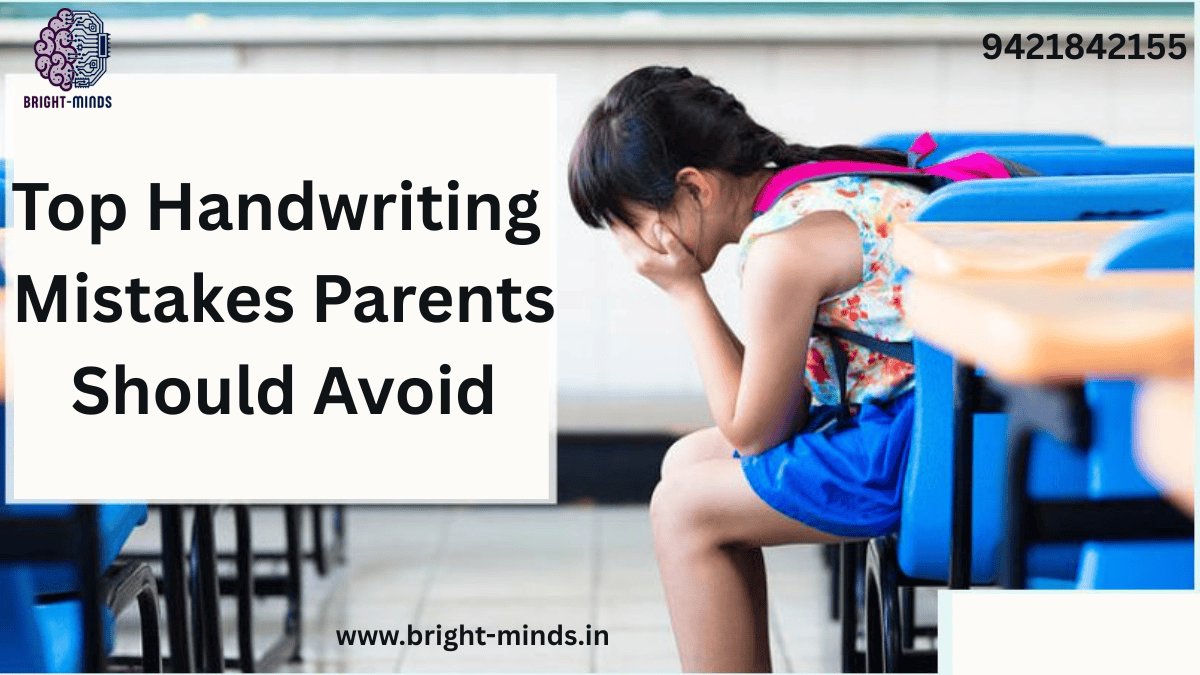Helping children develop good handwriting is more than teaching them how to hold a pencil—it’s about building confidence, focus, and fine motor skills. Today, many parents worry about messy writing, slow writing speed, or children avoiding writing tasks altogether. What most don’t realize is that some unintentional habits at home […]
Read More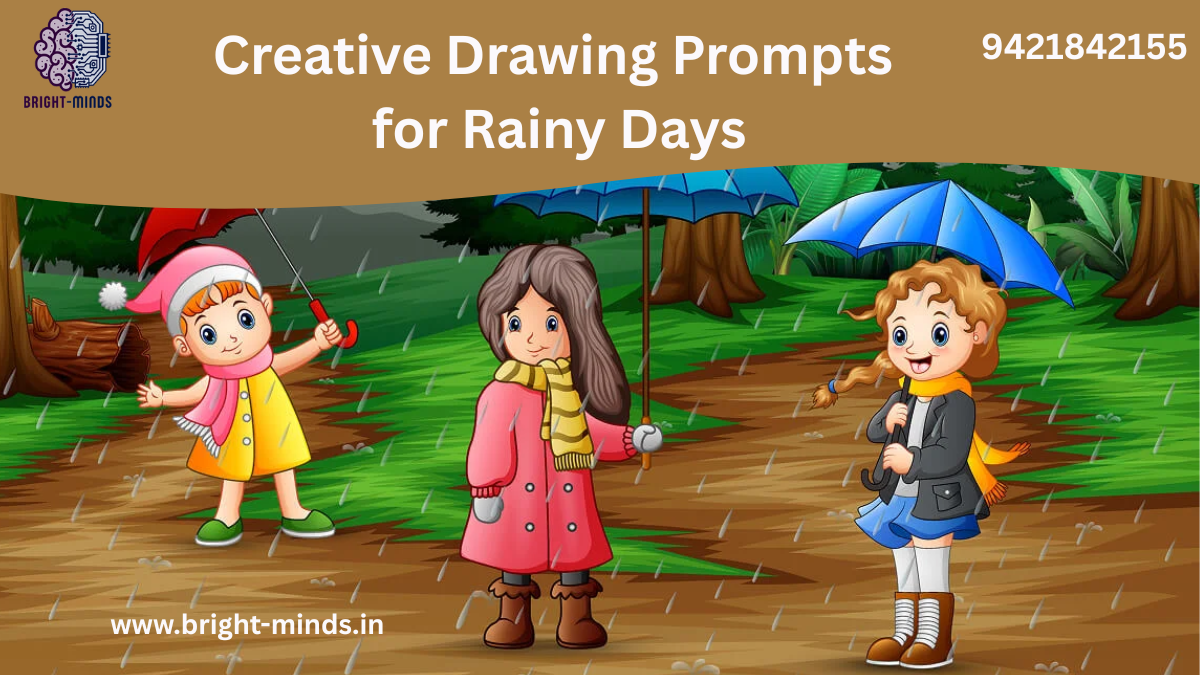
Creative Drawing Prompts for Rainy Days
Rain tapping on the windows, cool breezes drifting in, and a cozy corner in your room—rainy days naturally spark creativity. But if you’ve ever stared at a blank page wondering what to draw, you’re not alone. That’s exactly where Creative Drawing Prompts for Rainy Days come in. Whether you’re a […]
Read More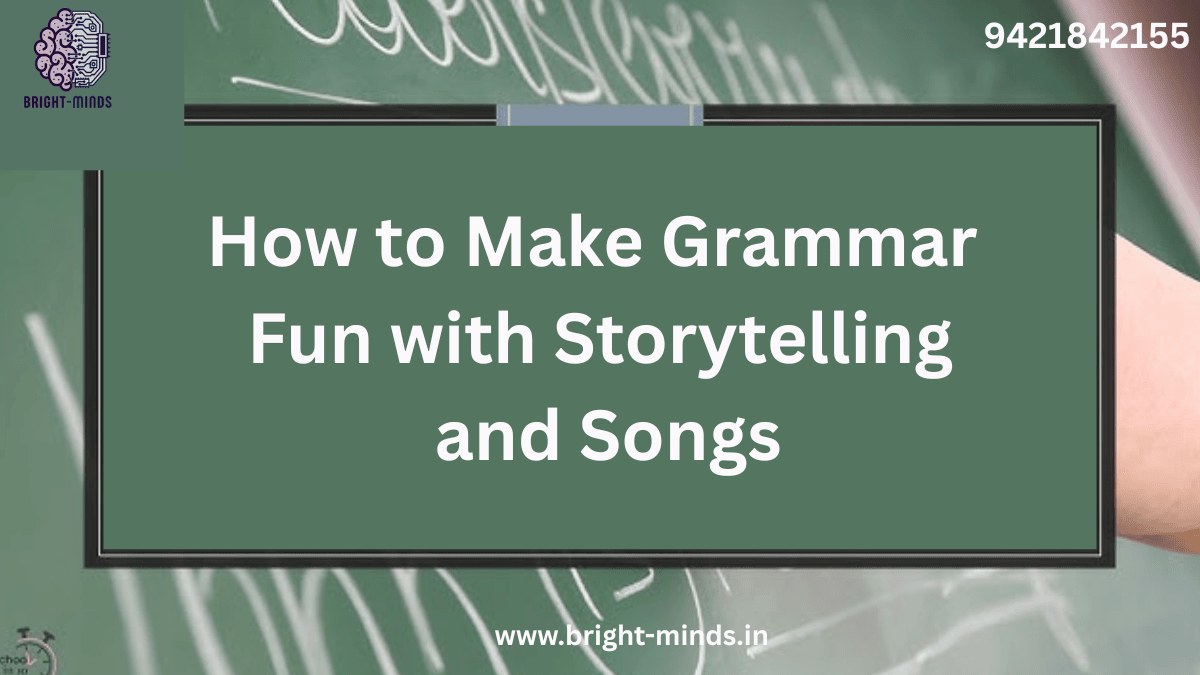
How to Make Grammar Fun with Storytelling and Songs
Grammar is often seen as the “boring” part of language learning—filled with rules, exceptions, and worksheets. But what if grammar could be exciting, creative, and memorable? That’s where grammar fun storytelling and songs come in. These techniques transform traditional grammar lessons into interactive experiences that excite learners of all ages. […]
Read More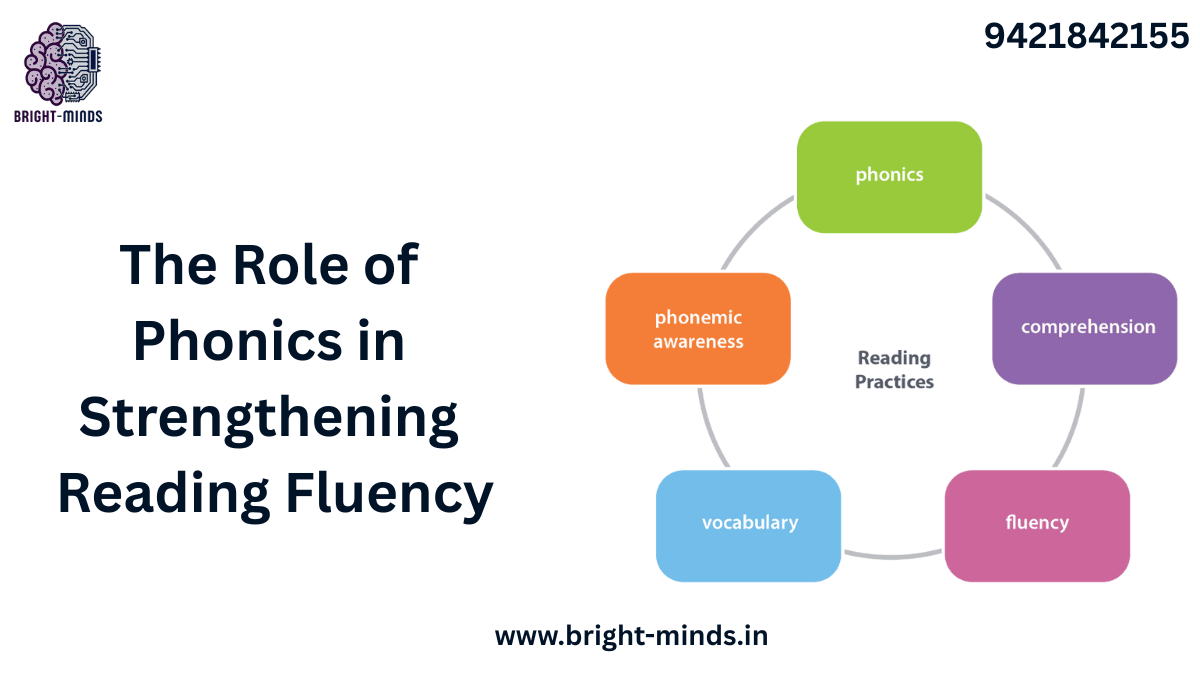
The Role of Phonics in Strengthening Reading Fluency
Reading fluency is the foundation of strong literacy skills, and phonics plays an essential role in building it. In today’s education system, both parents and professionals recognize the importance of helping children decode words effectively, allowing them to read with confidence and understanding. That’s where phonics in strengthening reading fluency […]
Read More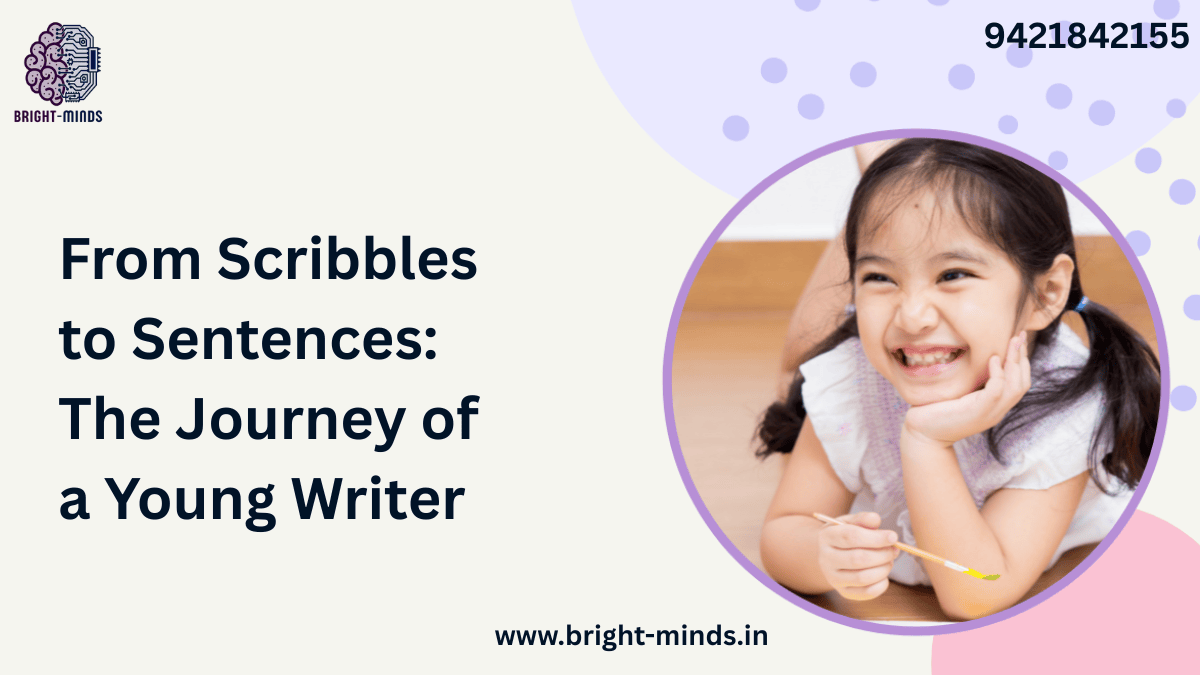
From Scribbles to Sentences: The Journey of a Young Writer
Every writer starts somewhere—and for children, that journey begins with tiny scribbles that don’t look like much at first. But those early marks are more than random strokes. They are the first signs of young writer development, a fascinating process where imagination, language, and motor skills come together to form […]
Read More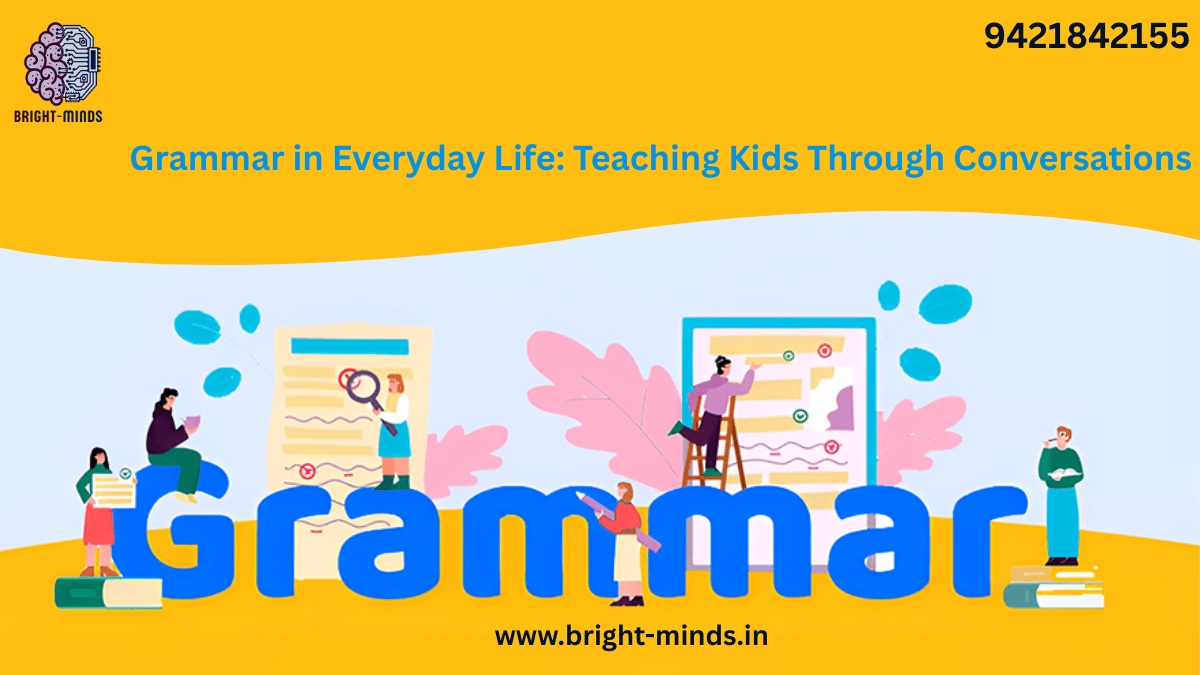
Grammar in Everyday Life: Teaching Kids Through Conversations
If you ask any parent or educator how children learn language best, the answer is always the same—through real conversations. Long before kids read grammar books or complete worksheets, they absorb sentence structures, vocabulary, and pronunciation by listening and speaking. That’s why the concept of teaching grammar through conversations has […]
Read More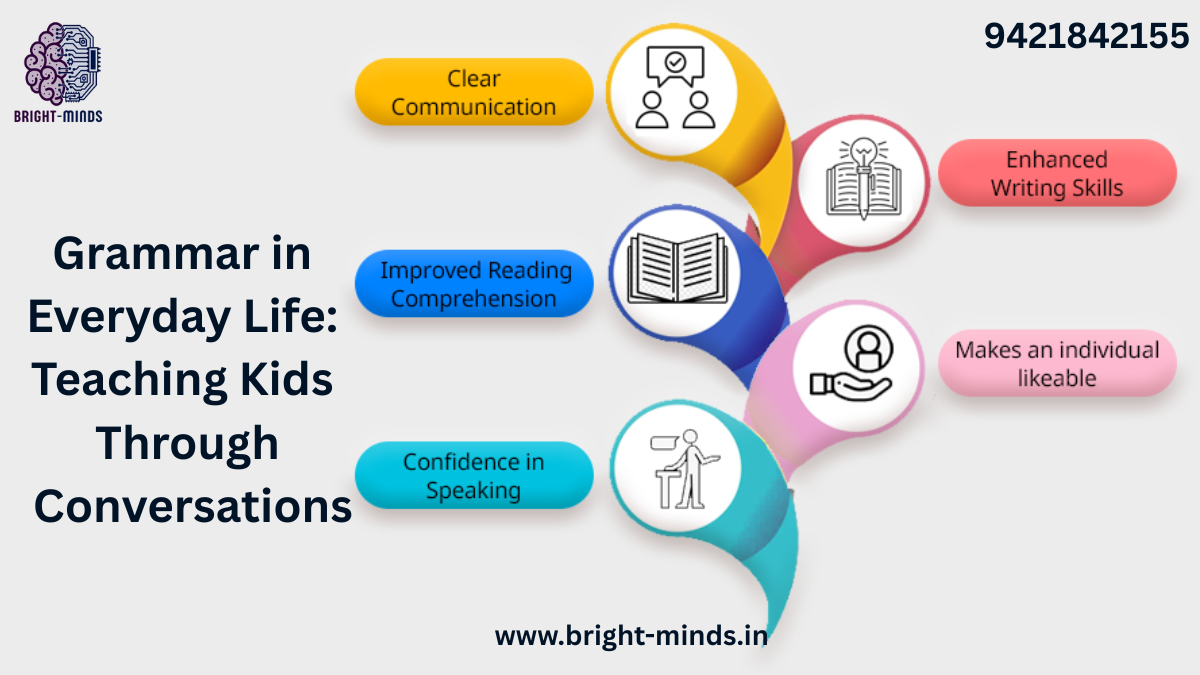
Grammar in Everyday Life: Teaching Kids Through Conversations
Grammar may feel like a rulebook full of confusing terms, but for kids, it can be much simpler—and much more fun. One of the most effective ways to teach language skills isn’t through worksheets or textbooks, but through natural conversations in everyday life. The goal is to help children understand […]
Read More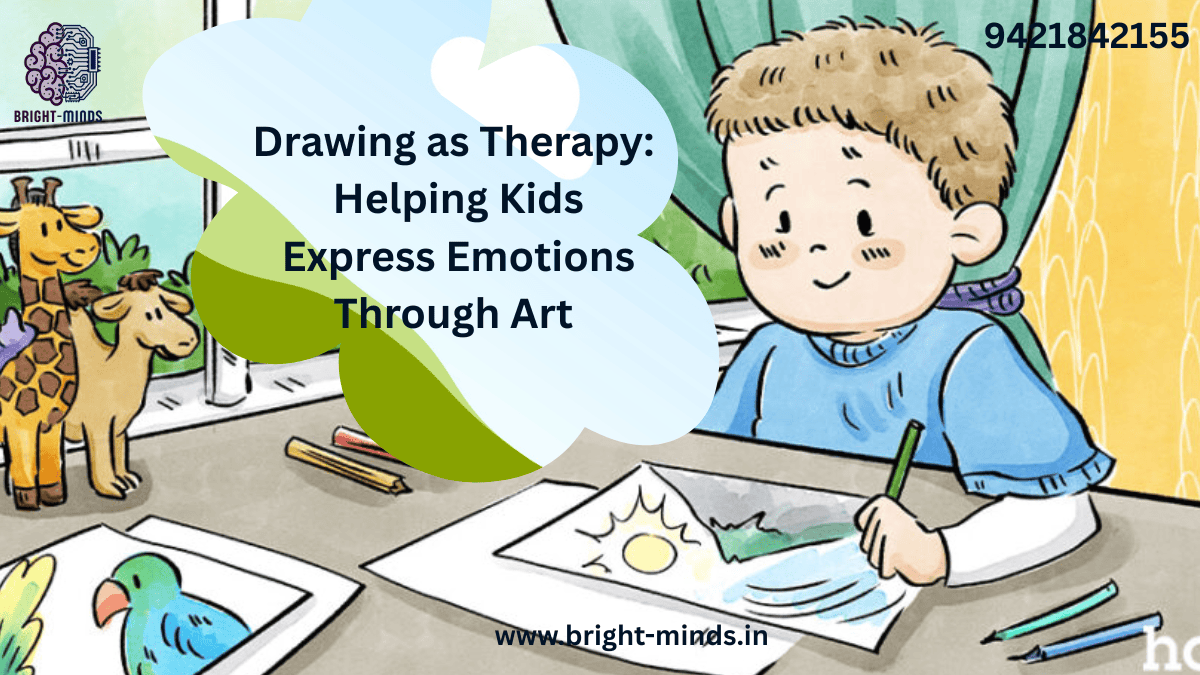
Drawing as Therapy: Helping Kids Express Emotions Through Art
The Growing Need to Help Children Express Emotions Every child experiences emotions, but not every child knows how to talk about them. In today’s fast-paced world, children often face pressure from academics, technology exposure, and social expectations. Many kids feel complex emotions they cannot yet fully understand. This is where […]
Read More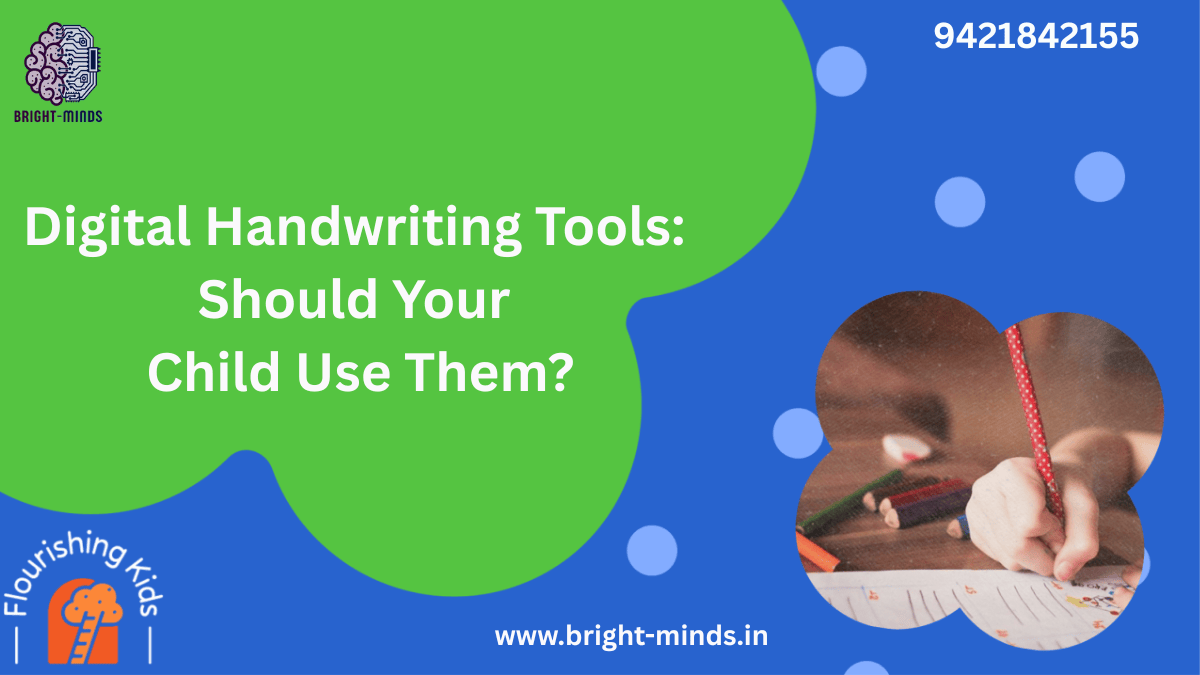
Digital Handwriting Tools: Should Your Child Use Them?
The Rise of Digital Handwriting Tools in Today’s Learning World Parents today face a new question that didn’t exist a decade ago: Should children use digital handwriting tools while learning to write? With classrooms rapidly adopting tablets, smart notebooks, styluses, and writing apps, the conversation around digital handwriting tools has […]
Read More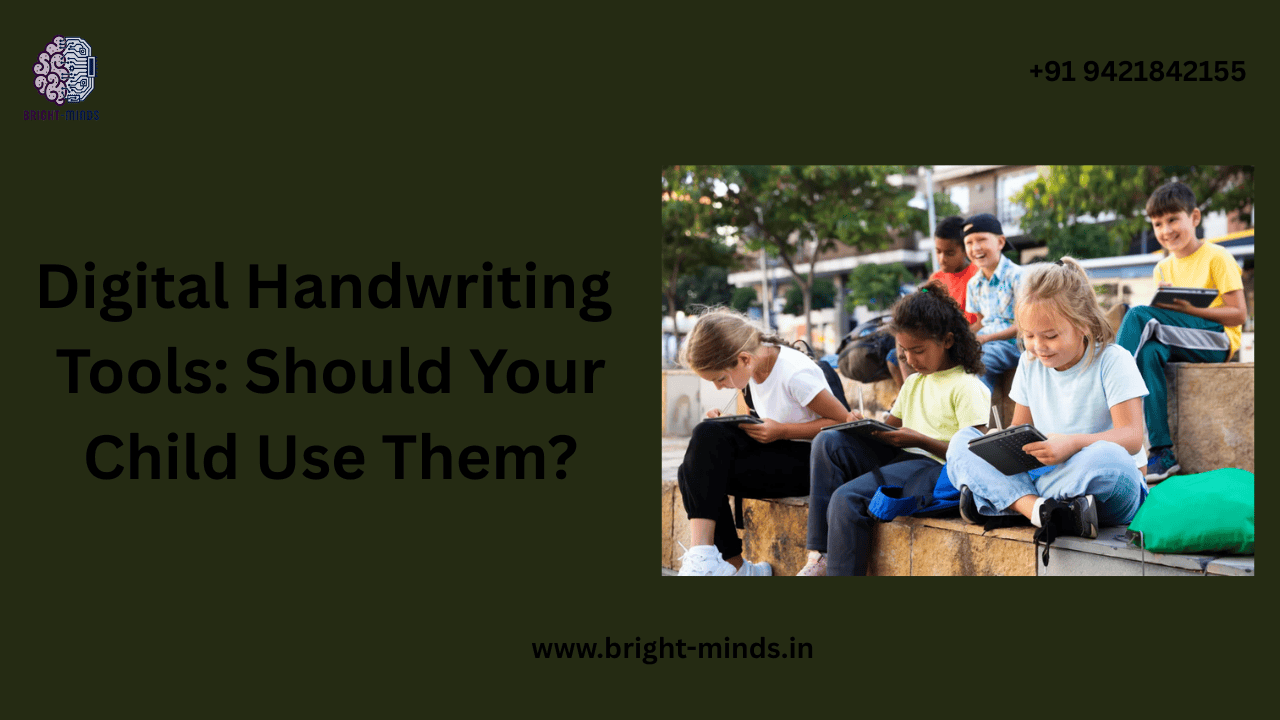
Digital Handwriting Tools: Should Your Child Use Them?
Digital Handwriting Tools: Should Your Child Use Them? In a world where digital devices have replaced blackboards and paper notebooks, one question concerns many parents and educators alike: should children use digital handwriting tools? While traditional handwriting once ruled the classroom, technology has brought innovative ways for kids to express […]
Read More
